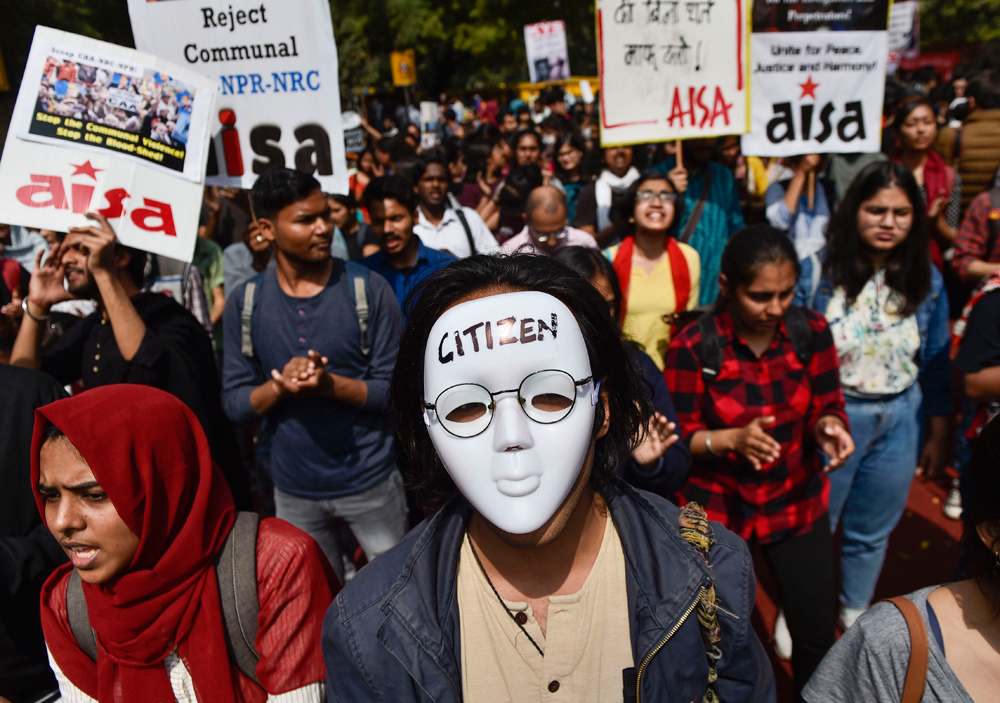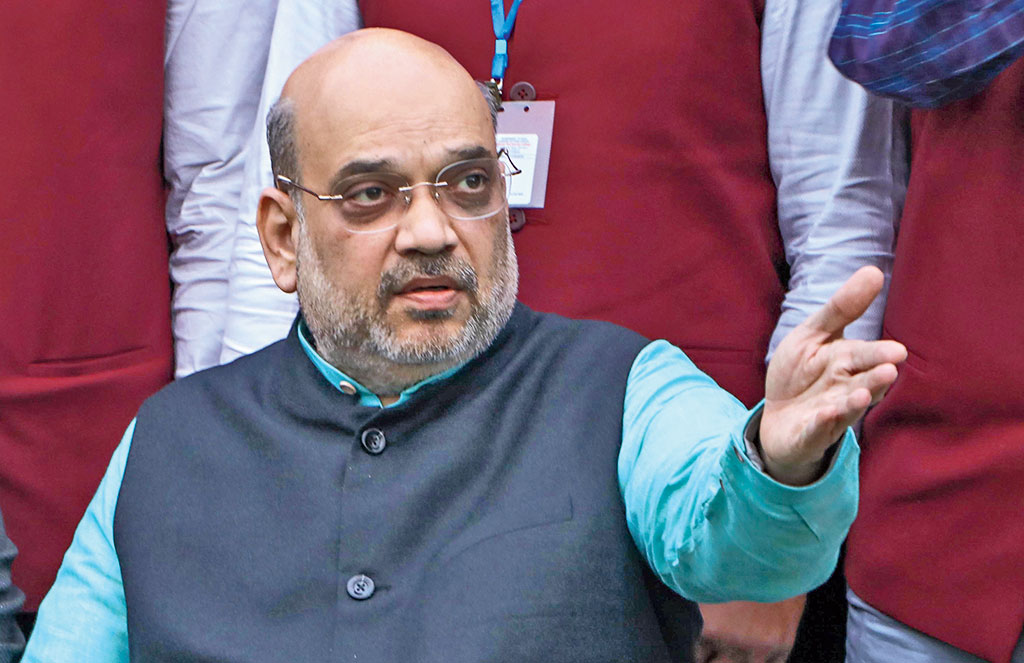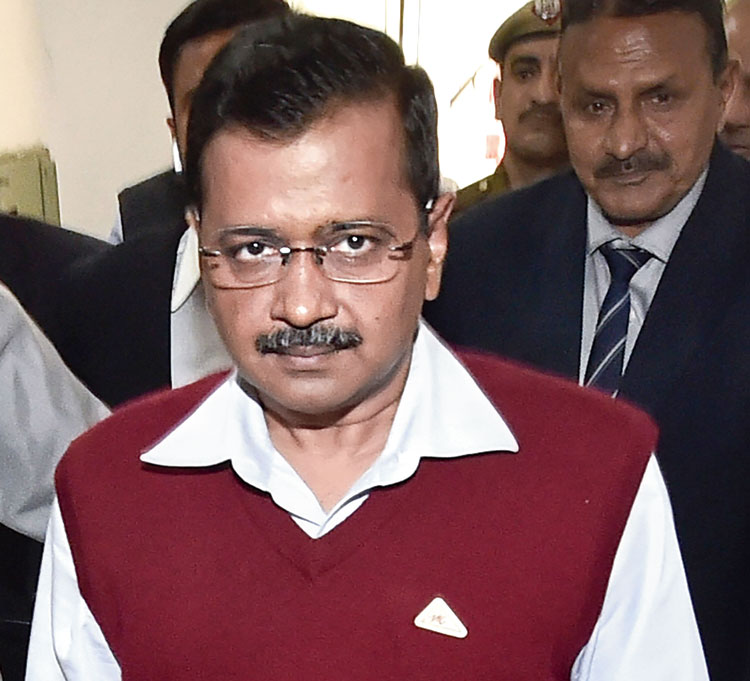Telangana on Monday formally joined the states and Union Territories that have opposed the National Population Register (NPR) in its current format.
Altogether, the 11 states and two Union Territories represent about 53 per cent of the country’s population, according to the 2011 Census.
In 2011, India’s population stood at 121 crore, and the population of these 11 states and two Union Territories together was 63.97 crore.
With the adoption of a resolution against the citizenship matrix of CAA-NPR-NRC by the Assembly, Telangana joined the ranks of Kerala, Punjab, Bengal, Madhya Pradesh, Chhattisgarh, Puducherry, Delhi and Bihar. The Houses in all these places have passed resolutions on different aspects of the citizenship alphabet soup.
The Telangana Assembly adopted a resolution that urged the state government to “take all necessary steps to safeguard the people of Telangana from exercises such as the NPR and the NRC”.
It also resolved to urge the Government of India to amend the Citizenship (Amendment) Act (CAA) in order to remove all references to any religion or any foreign country.
The Telangana resolution assumes significance because it comes after Union home minister Amit Shah sought to allay concerns over the NPR by stating in the Rajya Sabha last Thursday that no one would be declared “doubtful” even if all questions are not answered.
Clearly, his statement that several questions will be optional is not allaying fears because of the apprehension that those who exercise the choice not to reply may be targeted at a later date because the data will be with the government.
The Citizenship (Registration of Citizens and Issue of National Identity Cards) Rules, 2003, provides for marking people “doubtful” during the process of verification for the National Register of Indian Citizens (referred in public parlance as the NRC).
Apart from opposing the introduction of a religious test for fast-tracking Indian citizenship through the CAA, the resolution takes on board the concern among policymakers and people about the resistance to the NPR affecting the census process.
“The conflation of NPR and Census exercise has resulted in endangering the integrity and safety of the Census exercise. It is essential that data collection under the Census Act, 1948, is not harmed as a result of the justified mass anxiety against NPR,” the resolution noted.
The state governments of Kerala, Punjab, Bengal, Madhya Pradesh, Chhattisgarh, Puducherry and Rajasthan have announced that they will not carry out the NPR along with the census. Telangana, Andhra Pradesh, Tamil Nadu, Delhi, Odisha and Bihar have taken the position that they would conduct the NPR but only in line with the 2010 format as it only sought information relating to people normally residing in a particular place and not details about their parents, deceased or living elsewhere.
The NPR is scheduled to be rolled out along with the census on April 1, 2020, and the government has yet not said anything about dropping the provision for marking citizens as “doubtful” from the rules. Nor has it indicated any willingness to amend the Citizenship (Amendment) Act of 2003, which provides the legal backing for the NRC.













